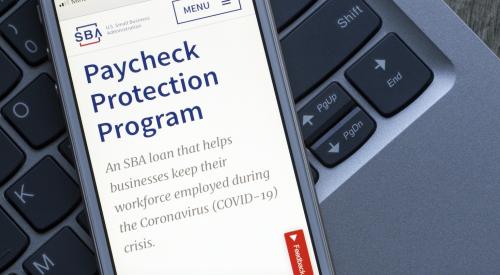If you are applying for a loan any time soon, you'll want to cross every "t" and dot every "i" — or risk suffering costly consequences down the line. We've put together a list of common missteps in loan documents and how to avoid them.
- Be careful of open-ended legal fees. The borrower pays for the lender's attorney, and those fees can be quite expensive if not capped. The same goes for the lender's inspection fees upon construction draws/requisitions.
- Remove cross-default clauses. Sometimes a bank will include a term in the loan documents that states you will be in default of your loan if you default on some other, unrelated loan agreement, even if it's with a different lender. That's got to be removed.
- Most loan documents require that personal tax returns be provided on or about April 15th. Allow language that lets your tax returns be submitted by Oct. 15. If you file extensions, you're not in default.
- Some lenders require your financial information be submitted in accordance with Generally Accepted Accounting Principles. Delete references to GAAP — it's too costly.
- Make sure you have notice of default and a reasonable opportunity to cure; it's particularly helpful to protect yourself from technical, non-monetary defaults such as failure to provide a timely annual personal financial statement.
- Double check that the figures in your loan documents match the commitment letter. Usually the banker writes up the commitment and the attorney writes up the loan documents. It's not uncommon for there to be a discrepancy, and if there is, the terms of the loan documents will control.
- Sit down with your loan documents the day of the closing and put all of the relevant dates in your calendar. Missing important dates could be costly, especially if it's the date by which you must request an extension to the maturity date of your loan.
- Lenders often want to participate in condemnation proceedings if any are instituted. If the lender wants to participate, make sure they're doing it at their expense, not yours.
- Check the manner in which notices are deemed to be properly given. Upon receipt? Upon sending? Is fax notice acceptable? Also, confirm your address and fax number.
- Make sure your loan documents provide you with the right to enter into rental leases in the future without consent of the lender so long as the borrower continues to fulfill all payment obligations owed under the loan documents.
| Author Information |
| Stuart Teicher is general counsel for the Teicher Organization, a regional developer in East Brunswick, N.J. |
PB Topical Ref












